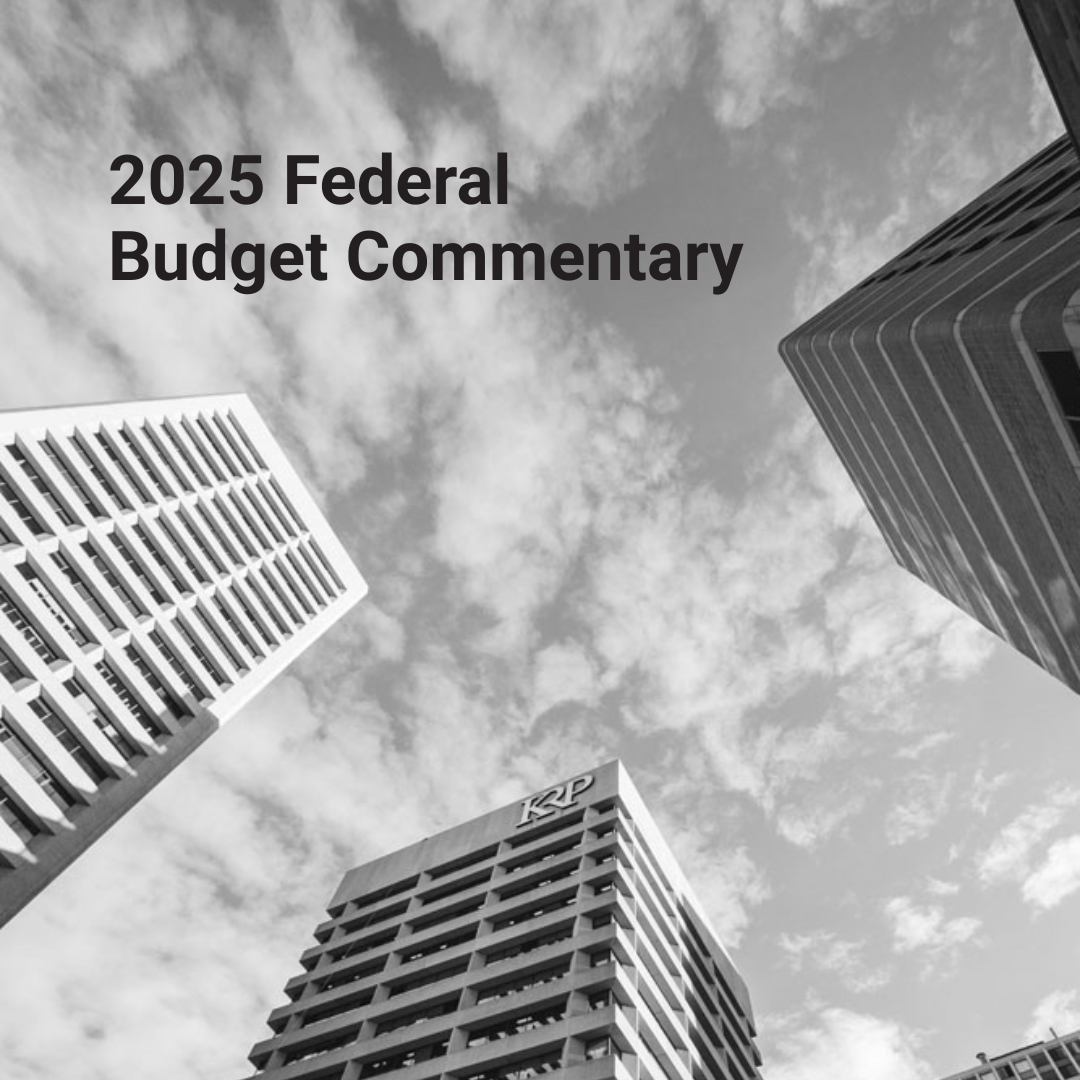
Currently, whether you live in the U.S. or abroad, if you are a U.S. person (U.S. citizens, Green Card holders, resident aliens) you are required to file FinCEN Form 114, or a U.S. Foreign Bank Account Reporting (FBAR). This reporting must be done annually, and any missed or late filing will attract an automatic penalty from the Internal Revenue Service.
Until late2021, it was always believed that any non-willful missed or late FBAR filings will attract an automatic penalty of $10,000 per filing per year. This belief was confirmed by the U.S. Court of Appeals of the 9th Circuit as late as March 21, 2021 in U.S. V. Boyd. However, in a separate case later in the year, Alexandru Bittner, a successful Romanian born U.S. citizen investor returned to the United States and engaged an accountant to assist him with the back filing his 2007 to 2011 FBARs employing a “reasonable-cause” argument for penalty forgiveness. The IRS rejected Mr. Bittner’s forgiveness request and fined him $2.72million in civil penalties—$10,000 for each of his 272 unreported foreign accounts.
When the matter was referred to the United States District Court for the Eastern District of Texas, the trial judge also denied Bittner's reasonable-cause defense but reduced the fines to $50,000; holding that the $10,000 maximum penalty is related to each failure to file an annual FBAR. The U.S. government appealed that decision in November 2021 and the U.S. Court of Appeals for the 5th Circuit rejected the lower court’s decision to reduce penalty and reinstated the government’s $2.72 million penalty.
Because the two appellate courts’ decisions are unreconcilable, the U.S. Supreme recently agreed to hear the tax case of Bittner v. U.S. and it will do so on November 2, 2022. If the 5th circuit decision is allowed to stand, all future FBAR related penalties will increase exponentially from tens of thousands to potentially millions.
Beyond Bittner, there is another recent case which address the willful vs. non-willful nature associated with a voluntary disclosure. A non-willful nature to an infraction is a prerequisite for the IRS to accept a voluntary disclosure filing. We had always assumed that the IRS will accept that position for any voluntary disclosures. Willful FBAR failures attract much higher penalties equal to the greater of $100,000 per infraction or 50% of the balance in the account at the time of the violation. Criminal sanctions may be applicable in willful failure scenarios.
In the recent Flint v. U.S. scenario, another U.S. taxpayer back filed missed FBARs voluntarily. Despite the voluntary nature of the back filing, the IRS rejected the taxpayer’s non-willful claim and assessed additional penalties based on the assertion that the taxpayer acted recklessly and with willful blindness. The matter was brought to the U.S. Court of Federal Claims, the trail judge upheld IRS’s willful argument because the taxpayer had knowingly avoided the reporting of foreign accounts/income to the IRS and her U.S. accountant.
Conclusion
Both Bittner and Flint will no doubt have impact on future IRS practices. If you are a taxpayer who may be offside of the U.S. FBAR rules, this is the time to reach out to your accountant. An unfavourable decision in Bittner will increase non-willful penalties exponentially and Flint will no doubt cause the IRS to scrutinize future voluntary disclosures closely.
If you have any questions, please contact Terence Wong, KRP’s Director of International Taxation.
Information provided is of a general nature and deals with time sensitive information that could change. Information may not apply to your particular facts and circumstances and should not be relied upon in lieu of seeking advice from your professional advisors. Neither KRP nor its partners, directors, contractors or employees will be liable for any actions taken from reliance on this information. Links to other websites or publications are provided for your convenience only and you may access them at your own risk. By supplying this information, KRP is not providing tax, accounting, legal, or professional service or advice.




